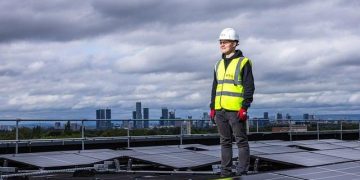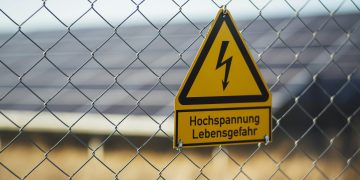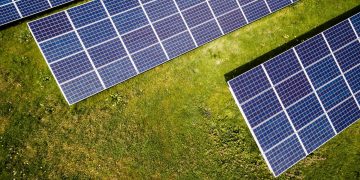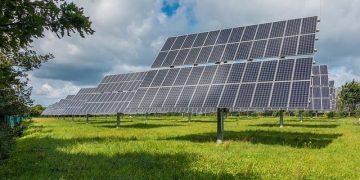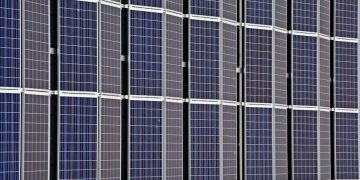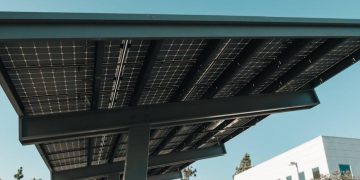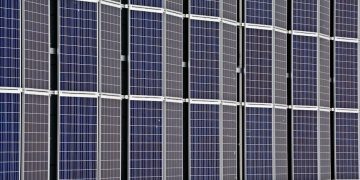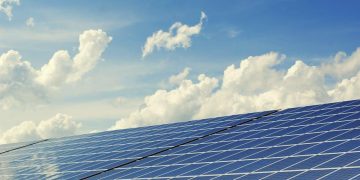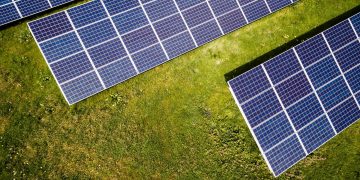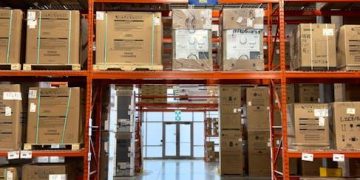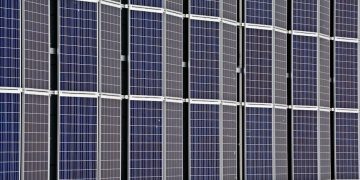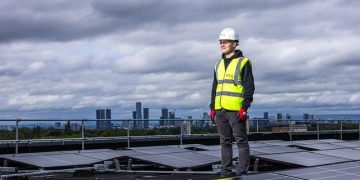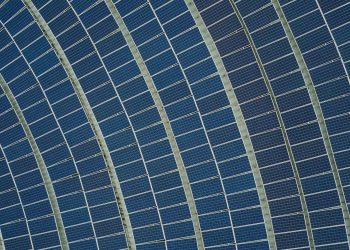In an age where energy reliability is as crucial as its sustainability, solar power stands at the forefront of the conversation. As communities increasingly turn to renewable sources to meet their energy needs, questions about the dependability of solar energy, particularly during power outages, are more relevant than ever. Can a system that draws its strength from the sun continue to shine when the grid goes dark? This article delves into the intricacies of solar energy systems, exploring their potential to provide light in times of darkness and examining whether this beacon of renewable energy can truly stand resilient when the unexpected strikes.
Harnessing the Sun: Solar Energys Role in Power Outage Resilience
When traditional power grids fail, solar energy systems equipped with battery storage can be a beacon of resilience. Solar panels, in conjunction with energy storage solutions, provide a self-sufficient energy supply, even when the central grid is down. This independence stems from the ability of solar systems to generate electricity during daylight hours and store excess energy in batteries for use when the sun isn’t shining. As a result, homes and businesses with solar setups can maintain essential functions and comfort during outages, turning what could be a disruptive event into a manageable inconvenience.
For those considering solar energy as a safeguard against power interruptions, several factors enhance its reliability:
- Energy Storage Capacity: Investing in a robust battery system ensures that stored solar power can be accessed anytime.
- System Size and Efficiency: Larger and more efficient solar arrays can capture more energy, maximizing storage potential.
- Intelligent Energy Management: Modern systems come with smart technology that optimizes energy use and storage, further enhancing reliability.
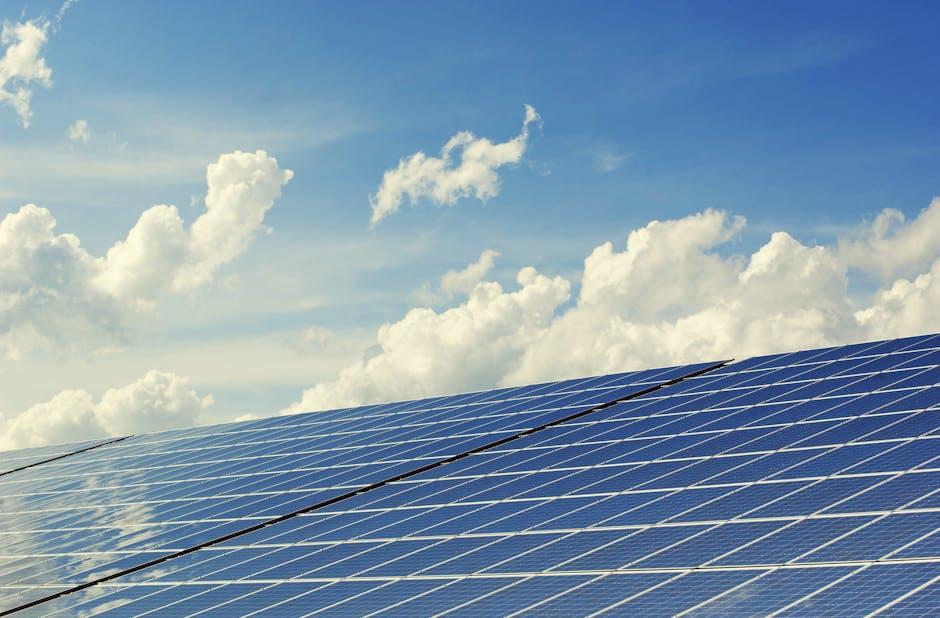
Understanding Solar Systems: How They Function When the Grid Fails
When the electrical grid encounters a failure, solar energy systems can play a crucial role in maintaining power. Solar panels, typically mounted on rooftops or in open areas, capture sunlight and convert it into electricity. This process continues regardless of the status of the main power grid, provided the sun is shining. However, to utilize solar energy during a grid outage, certain components are essential.
- Batteries: To store excess energy produced during sunny periods for use during outages or at night.
- Inverters: To convert the direct current (DC) electricity generated by solar panels into alternating current (AC) electricity, which is used by most home appliances.
- Smart Controllers: To manage the flow of electricity between solar panels, batteries, and the grid, ensuring optimal usage and storage.
While solar panels themselves can continue to generate power, a backup system with these components ensures that the electricity can be effectively utilized even when the grid is down. By integrating these elements, homeowners can enjoy a reliable power source that not only supports their energy needs during outages but also contributes to a more sustainable and resilient energy infrastructure.
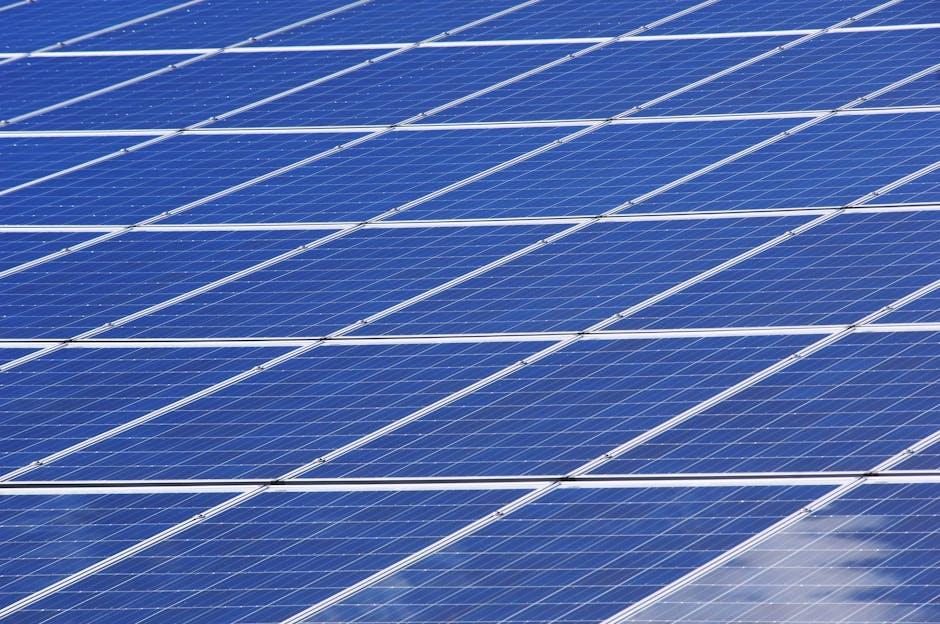
Energy Independence: Solar Solutions for Uninterrupted Power Supply
When the grid goes down, the question on everyone’s mind is whether solar energy can keep the lights on. While traditional grid-tied solar systems automatically shut off during outages to protect utility workers, innovative solutions are paving the way for continuous power supply. Battery storage systems, for instance, have emerged as a game-changer. These systems store excess solar energy generated during sunny days, which can then be utilized during power outages, ensuring a seamless energy flow. This not only provides an uninterrupted power supply but also enhances the overall resilience of your energy setup.
- Hybrid solar systems: These systems combine solar panels, inverters, and batteries, allowing for both grid-tied and off-grid functionality.
- Smart inverters: They play a crucial role in managing the flow of electricity, enabling energy from solar panels and batteries to power your home even when the grid is down.
- Energy management systems: These systems optimize energy usage, ensuring that essential appliances and systems remain powered during outages.
Investing in these solar solutions not only promotes energy independence but also offers peace of mind knowing your power needs are covered, no matter the circumstances.
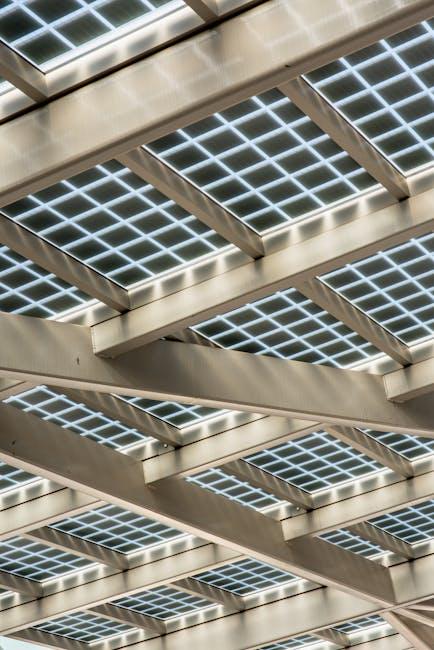
Maximizing Solar Efficiency: Expert Tips for Backup Power Reliability
To ensure your solar energy system is as reliable as possible during power outages, it’s essential to focus on several key strategies. First, consider the integration of a high-quality solar battery. This component acts as a storage system for excess energy generated during sunny days, making it available during periods of limited sunlight or power outages. Prioritize batteries known for their efficiency and longevity, such as lithium-ion or advanced lead-acid options.
Additionally, maintain optimal performance with the following tips:
- Regular Maintenance: Ensure panels are clean and free from debris. Schedule periodic professional inspections to check for any potential issues.
- Smart Energy Management: Use energy-efficient appliances and implement smart home technologies to reduce overall consumption.
- System Monitoring: Utilize monitoring tools to track energy production and consumption in real-time, allowing for immediate adjustments.
Implementing these expert tips will enhance the reliability of your solar power system, ensuring that your home remains powered even when the grid goes down.
Closing Remarks
In the grand tapestry of energy solutions, solar power stands as a beacon of innovation and sustainability. As we have explored, its reliability during power outages is shaped by a myriad of factors, from technological advancements to geographical considerations. While not a panacea for all blackout woes, solar energy offers a compelling glimpse into a future where resilience and eco-consciousness walk hand in hand. As we continue to innovate and adapt, the sun’s enduring light remains a steadfast ally, ready to illuminate the path forward. In this ever-evolving landscape, the question isn’t just whether solar energy can power us through the dark, but how we can harness its potential to brighten our tomorrow.

